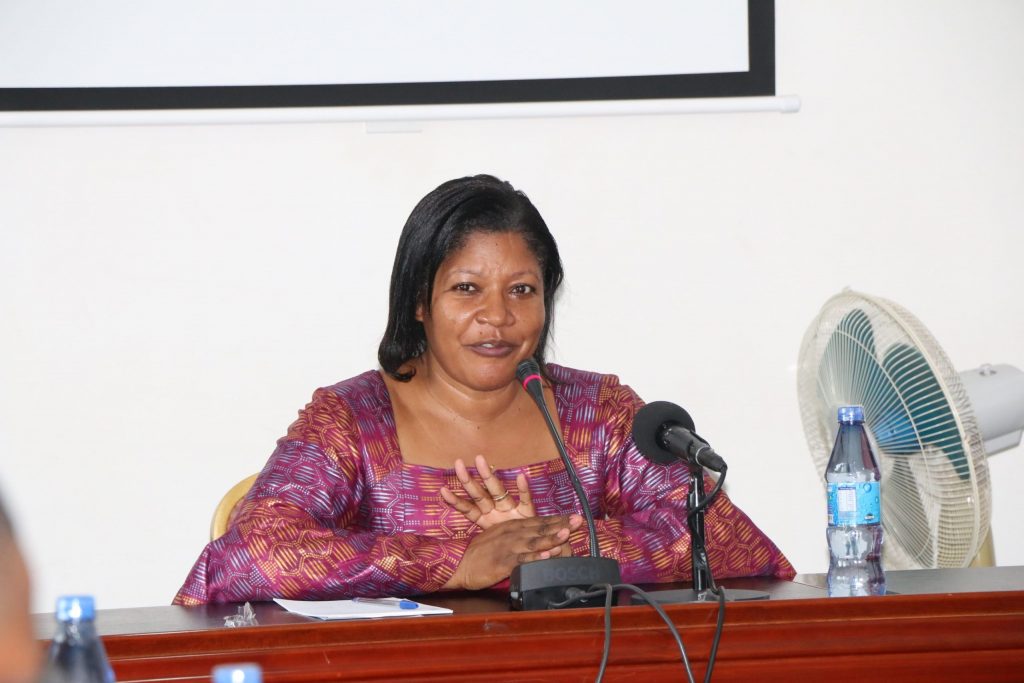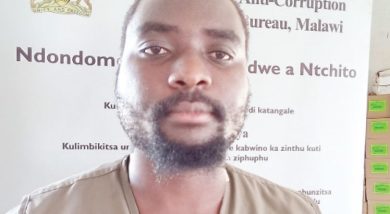Mathanga, ex-Escom team not off the hook
Former Escom board chairperson Jean Mathanga and three former senior executives at the power utility are not off the hook in a case they are accused of overseeing flawed procurement deals worth K4 billion.
The development follows High Court of Malawi Judge Sylvester Kalembera’s judgement dismissing an application by former Electricity Supply Corporation of Malawi (Escom) chief executive officer (CEO) John Kandulu (second accused) and former director of procurement Fanuel Nkhono (third accused) to have their case dismissed alongside similar charges levelled against Mathanga (first accused) and former senior procurement manager Emmilius Kandapo (fourth accused).
Through their lawyers Chimwemwe Kalua and Frank Zambezi, Kandulu and Nkhono argued that the High Court of Malawi had declared Escom a private company limited; hence, their clients could not be prosecuted as public servants.

But delivering his ruling on Tuesday, Kalembera said Escom was a State-owned body, contradicting an earlier judgement by his fellow High Court Judge Rowland Mbvundula who declared the corporation as a private limited company.
Kalembera observed that despite Escom Limited being incorporated under the Companies Act as a private limited liability company, the corporation remained and still operates as a statutory corporation; hence, it is a public body whose employees are public officers in as far as the Corrupt Practices Act (CPA) and the Penal Code are concerned.
Said the judge: “I have gone through the recent decision in The Republic v Kandionamaso Padambo, Criminal Appeal No. 91 of 2009, where my learned brother, Mbvundula J, found that Escom Limited was not a public body in so far as the provisions of the Corrupt Practices Act were concerned.
“However, I beg to differ, and it is my finding, on the observations herein, that the CPA cannot be read in isolation is so far as public bodies are concerned. Section 26 of the Companies Act referred to herein clearly makes Escom Limited a State-owned company, thereby a public company or body.”
Kalembera has since directed that the trial of the accused persons will proceed and has set four days from June 9 to 12 for the hearing.
On February 19 this year, Mbvundula upheld a 2009 magistrate’s court ruling that the corporation is a private company limited.
His ruling followed an appeal by the Anti- Corruption Bureau (ACB) which arrested former Escom CEO Padambo and charged him with four counts, including misuse of public office.
Commenting on the conflicting judgements by the two High Court judges, University of Malawi associate professor of law Edge Kanyongolo observed that the decisions will not cause problems since the courts were of the same jurisdiction.
He said the subordinate courts can choose which judgement to go with, based on the case and their understanding.
In an interview, Kanyongolo said: “Between the two judgements, there is none which is superior, which is more binding than the other. Within a fairly limited time, there will be an opportunity for the Supreme Court of Appeal to clarify that matter either in this case or a related one.”
His colleague at the University of Malawi, Sunduzwayo Madise, also expressed similar sentiments in his Facebook commentary.
Madise observed that it will be interesting to see which direction other High Court judges and magistrate’s courts will follow.
He said: “However, in this particular case of Republic v Mathanga and others, the judgement of Justice Kalembera rules and the defendants will continue answering to the charges laid by the State against them.
“It also means following the decision in R v Mathanga and others, all board members and employees of other State-owned companies are also public officers.”
Kalua said he was yet to get instructions from his clients whether to appeal the judgement. He said that in the circumstances, he will be preparing for a trial





